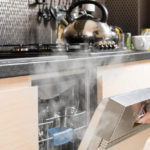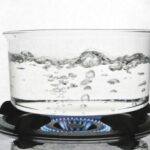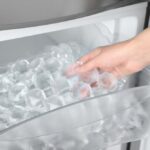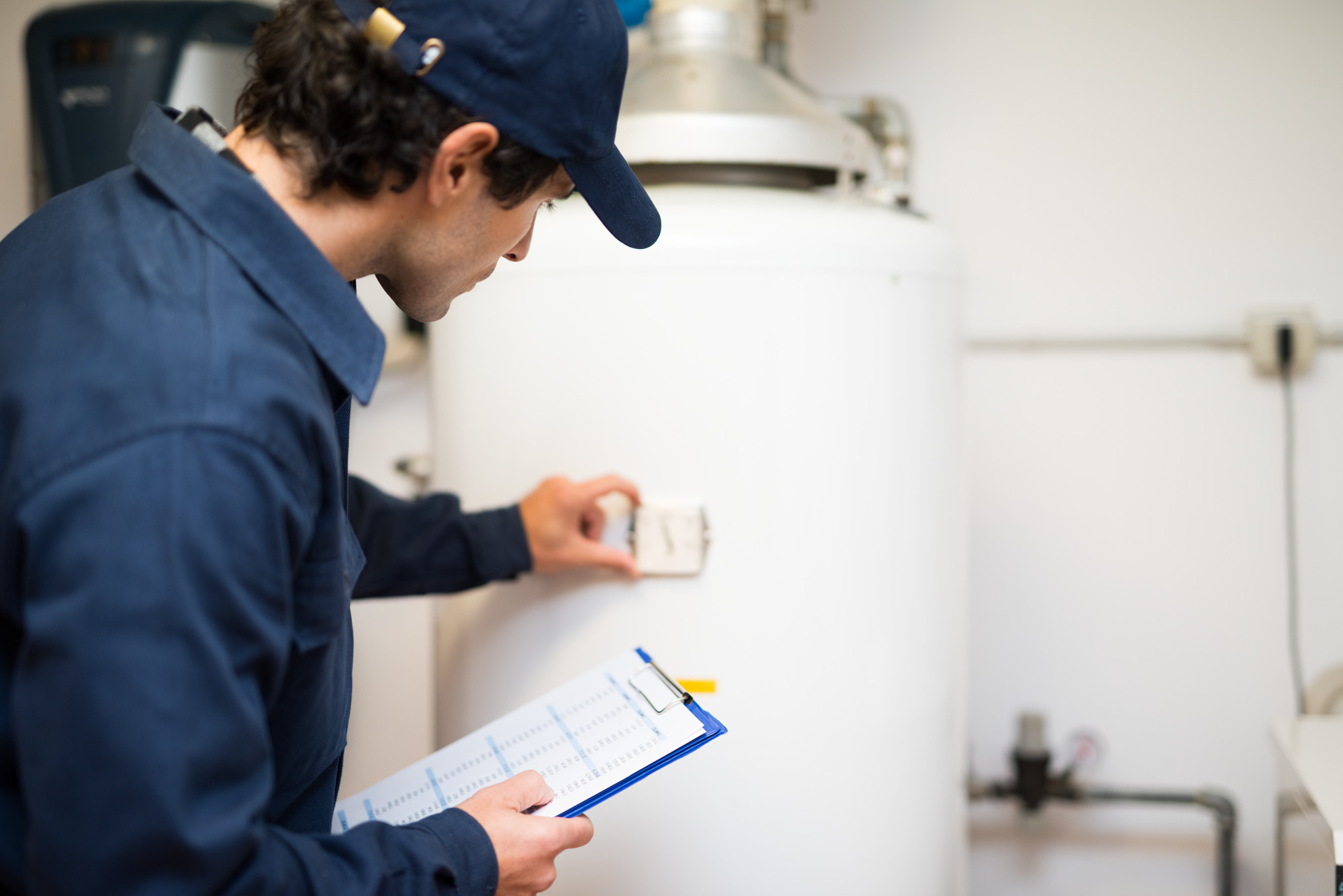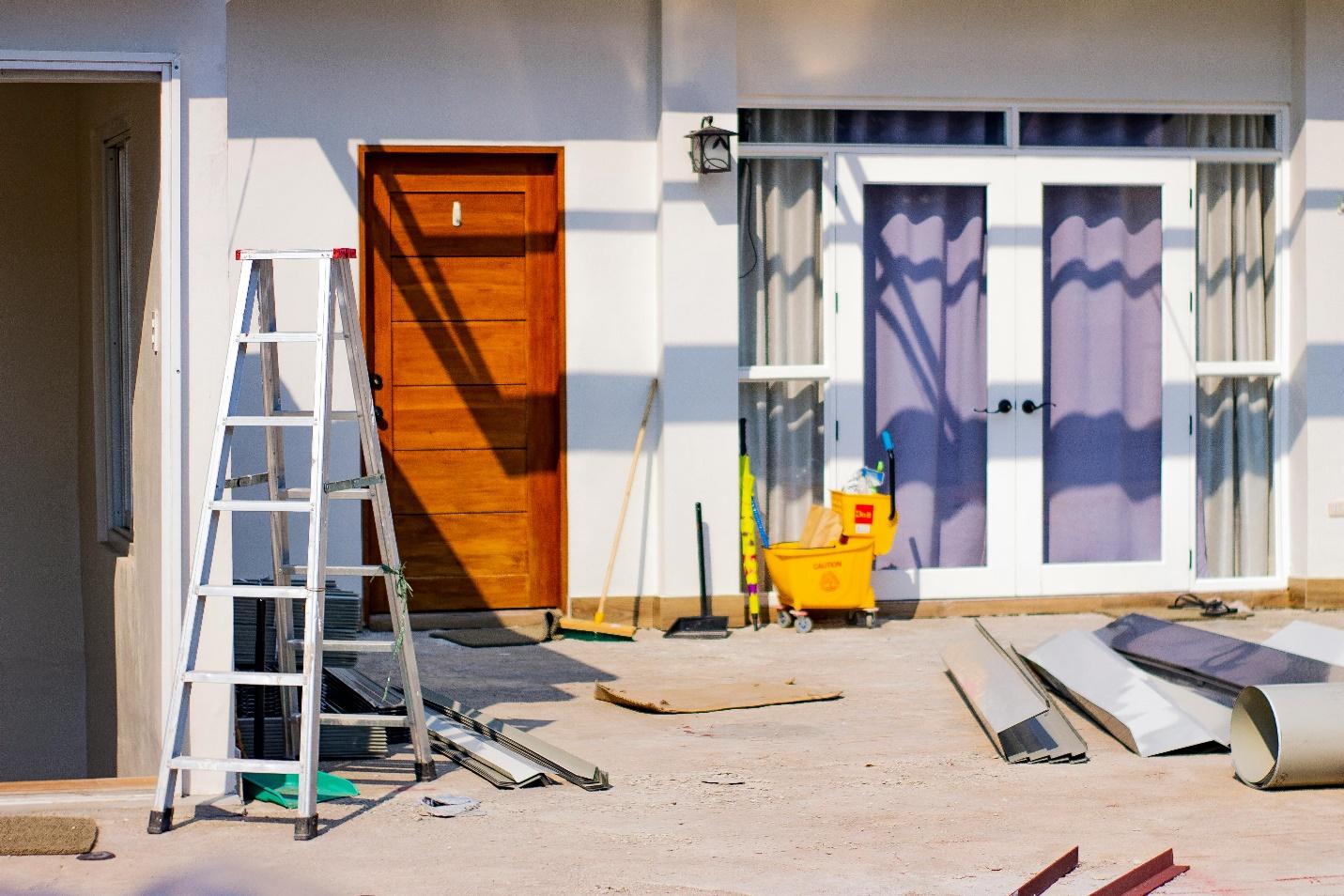If you’re like most people, your home water heater is an appliance you don’t often think about—until you step into a cold shower.
The average water heater, with proper care, will last you up to twelve years. But when you’re not getting hot water from your heater, how can you tell whether it’s time to repair the device or to opt for a complete replacement?
If you’re not sure what your next steps should look like, check out these common reasons your water might be running cold.
No Power Supply
Sometimes, the problem with your hot water heater is its power supply—or lack thereof. If you’re running a gas water heater, check your gas supply and its switch-off button. If you smell gas around your unit—a sulfuric, rotten egg smell—you might have a gas leak affecting your supply.
If you have an electric water heater, dig into your circuit breaker to make sure nothing’s wrong. You may have a tripped breaker, for example, or you may find a shorted or defective wire.
The Cutoff Switch Is Tripped
Hot water heaters have a high-temperature cutoff switch that turns off the power to your appliance if the temperature gets too high. If this switch is faulty, you may find that you have no hot water in the house. On most appliances, you can check by opening the switch and clicking the button: if the heater turns back on, the switch was the culprit.
Sediment Buildup
Minerals in your water—especially in areas with hard water—can build up at the bottom of your heater’s tank over time. This buildup can make it hard for your appliance to heat the water effectively, meaning that you might find your water not getting as hot as it used to.
To know if this is the case, you’ll need to call a professional to drain and inspect the device. If there’s too much sediment built up, you may need replacement. Check out these options for more info: https://texaswaterheaters911.com/product-category/tankless-water-heater/
Faulty Elements
If one of the heating elements on your water heater fails, it can cause the device to stop functioning as it should. When this happens, you can often get a professional replacement for most common water heater brands.
External Factors
Last, but not least, don’t forget about a few external factors that may play a role in your hot water supply. First is the weather: your heater’s performance will suffer in the winter months, so don’t be surprised if you have more water problems during this time. Next, don’t forget to consider overuse, as having too many people or appliances drawing hot water at once can empty a tank fast!
Call a Pro to Figure Out Why You’re Not Getting Hot Water
At the end of the day, if you can’t figure out why you’re not getting hot water on your own, your best bet is to call in a professional. Because hot water heaters vary wildly by brand, size, power supply, and more, it can be impossible to diagnose a particularly tricky issue on your own, even with research. Getting an expert to advise you on repairs or replacement can make a world of difference!
Want more help figuring out your biggest household problems? Be sure to check out our other posts for additional guides like this one.






